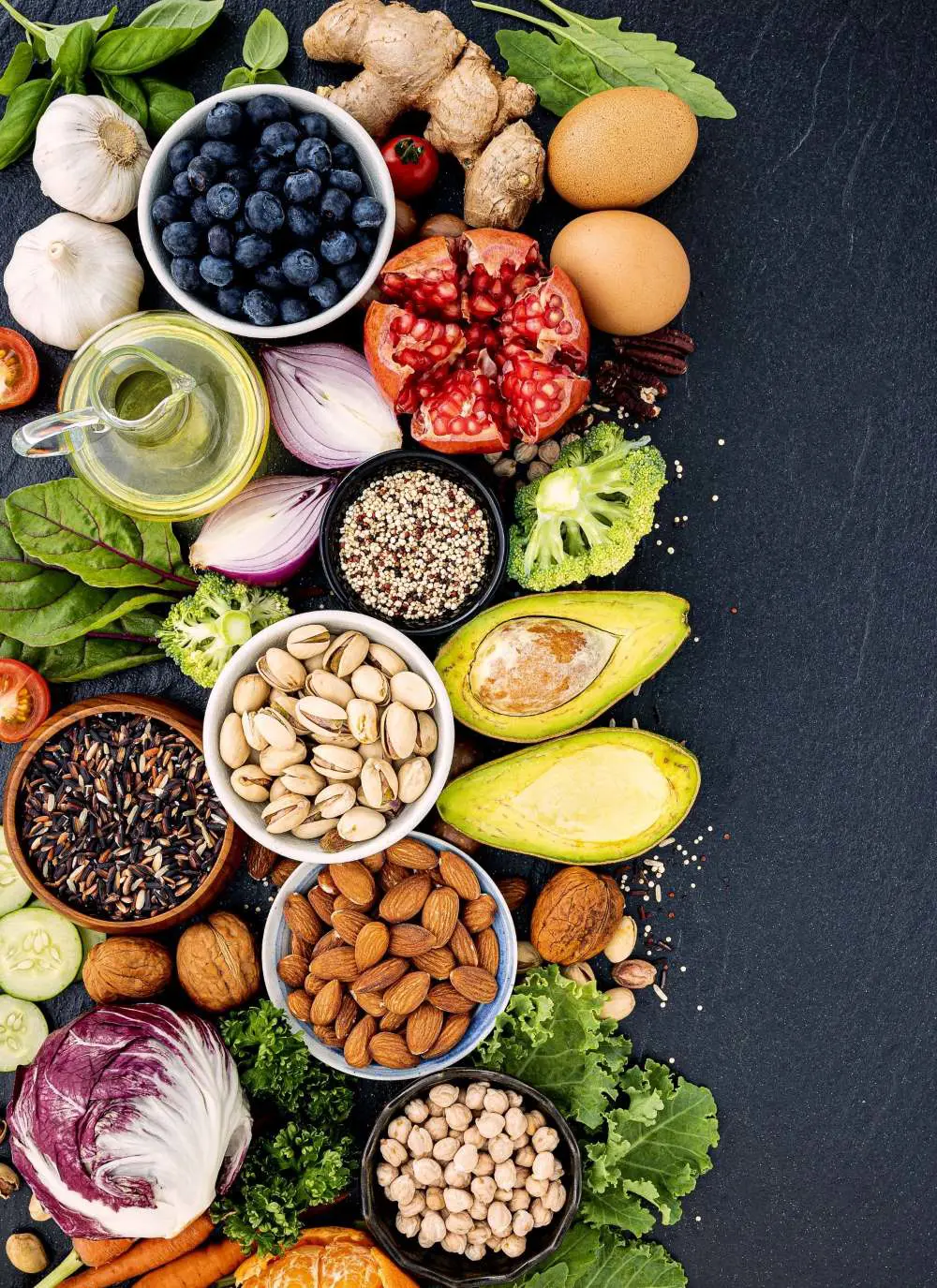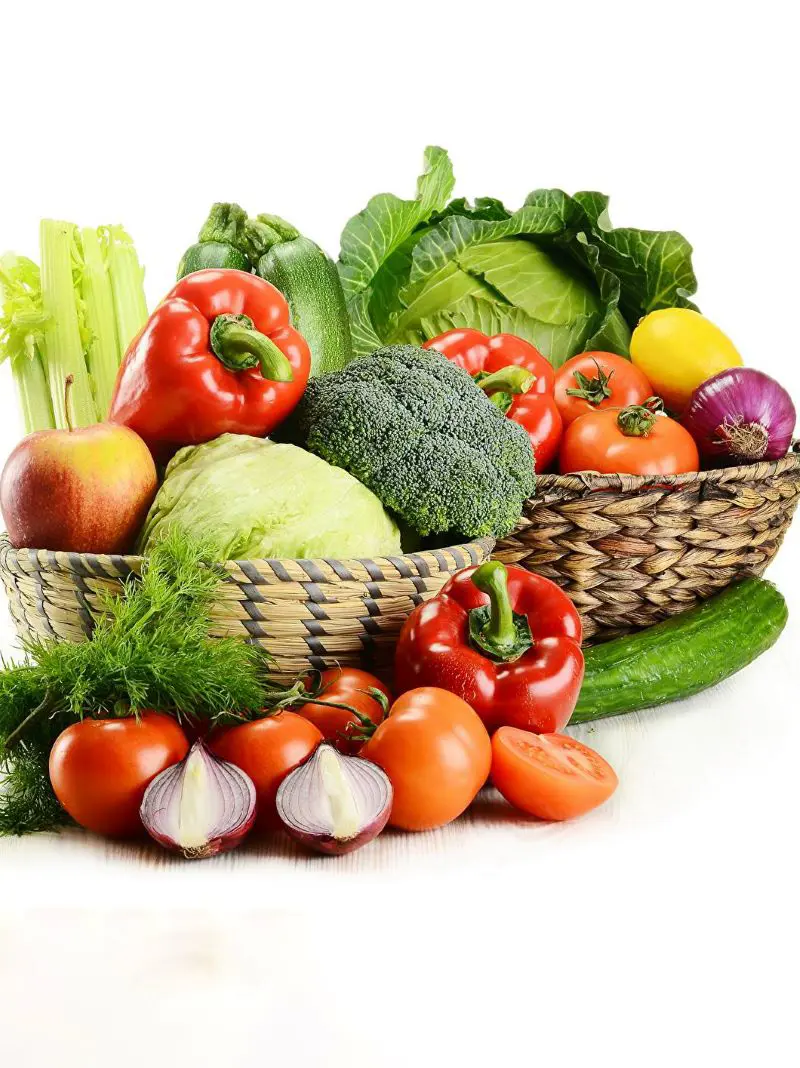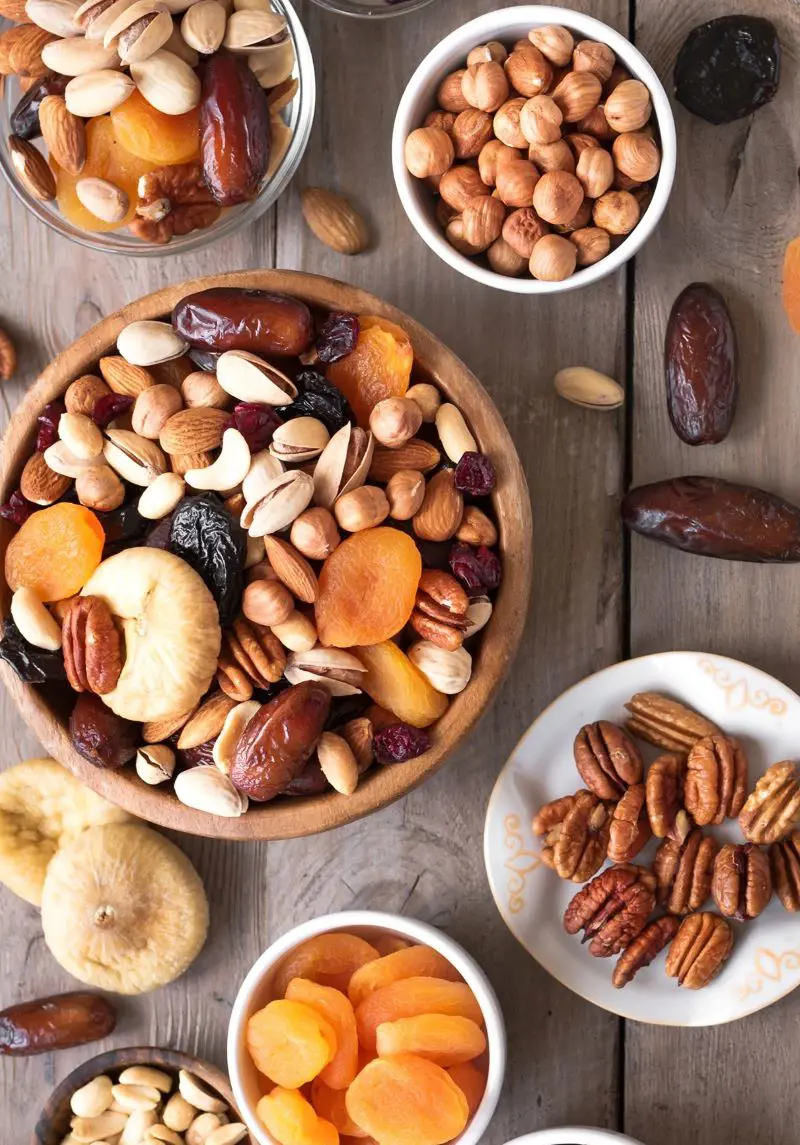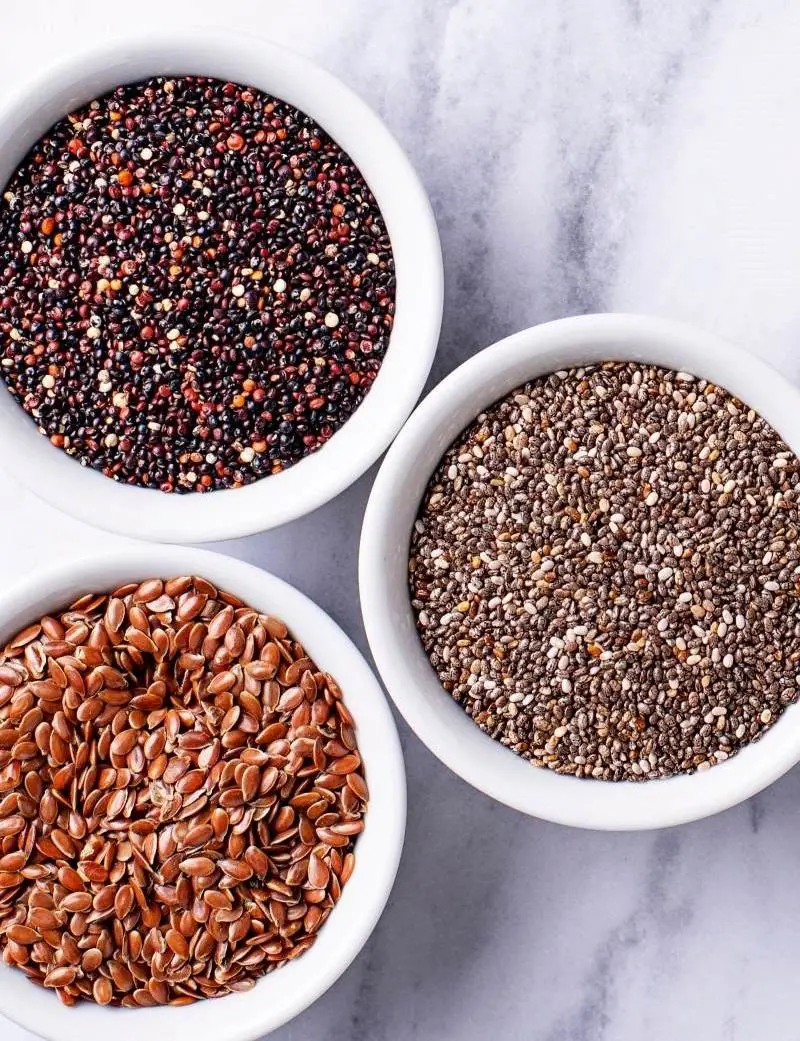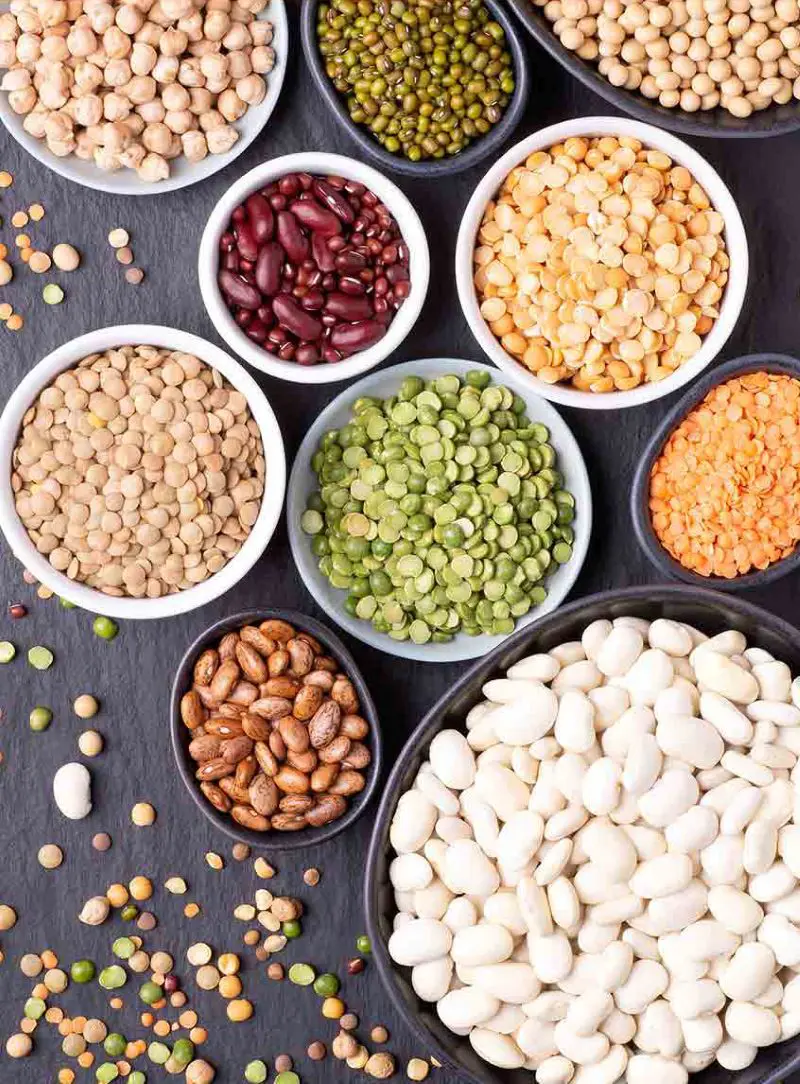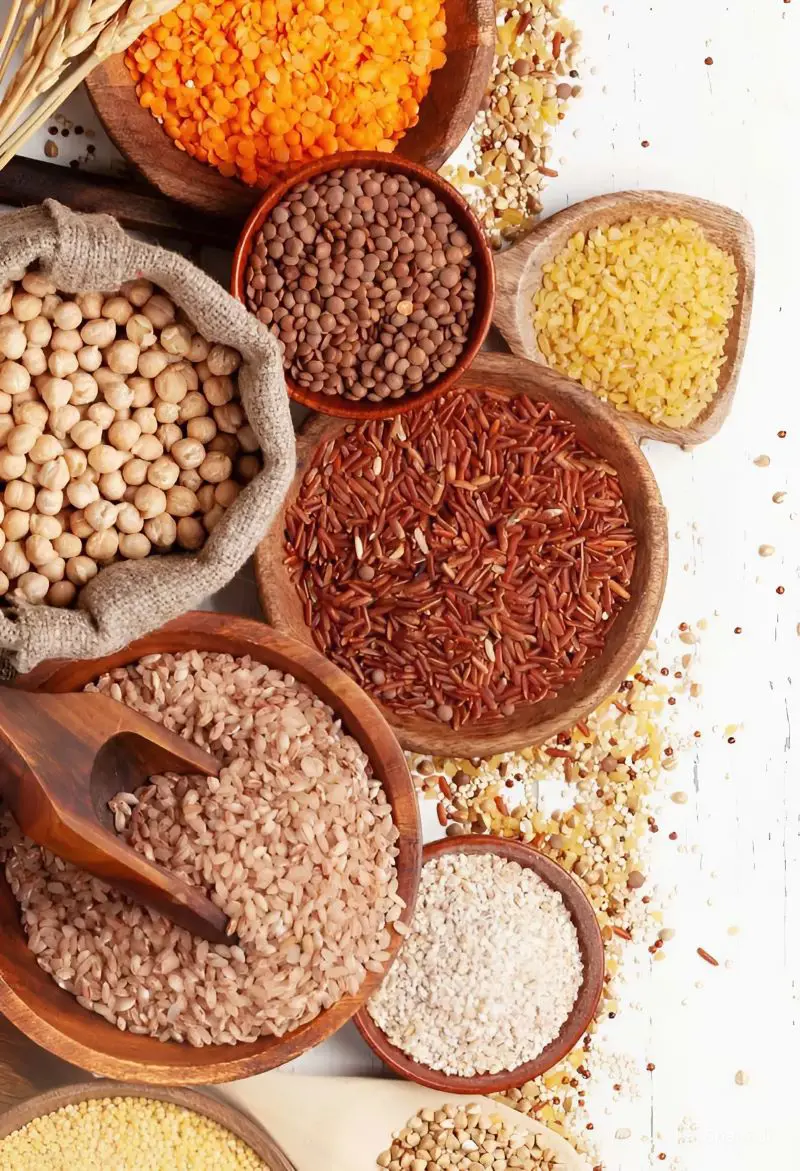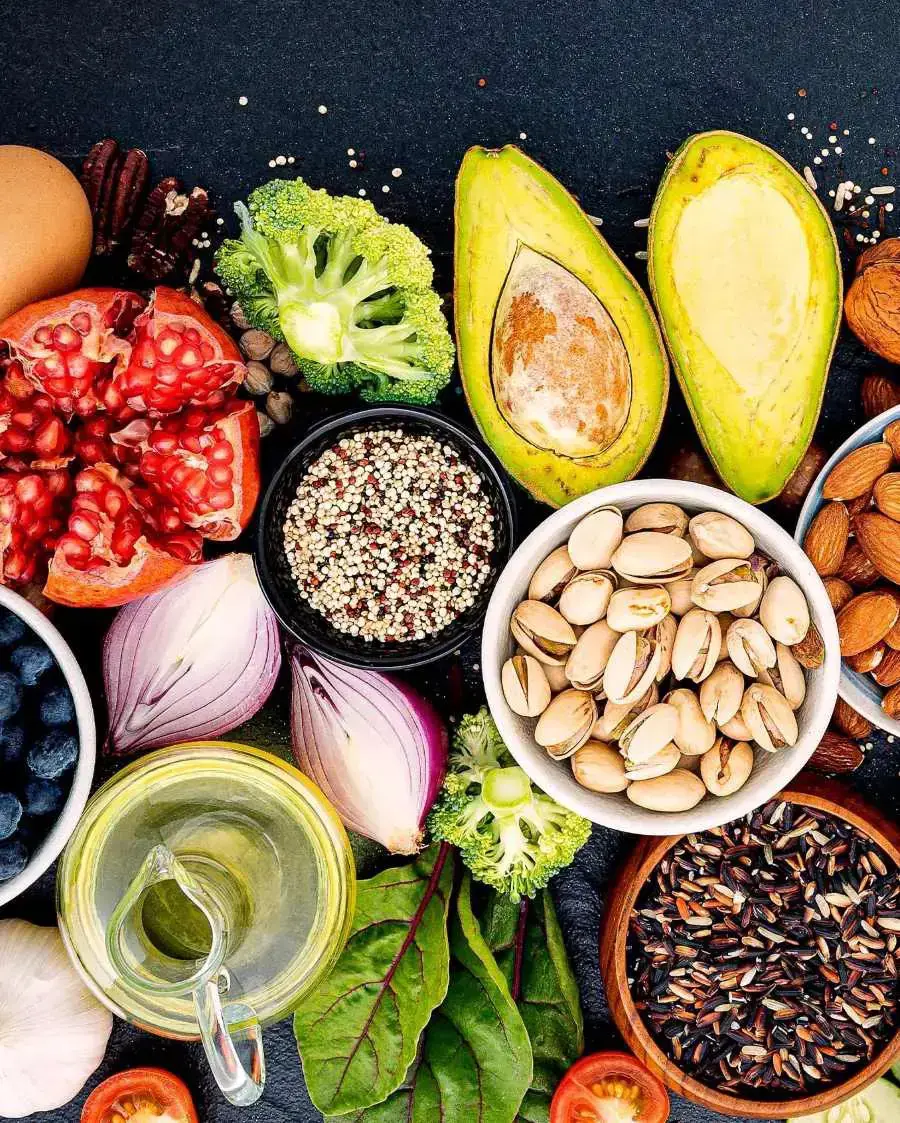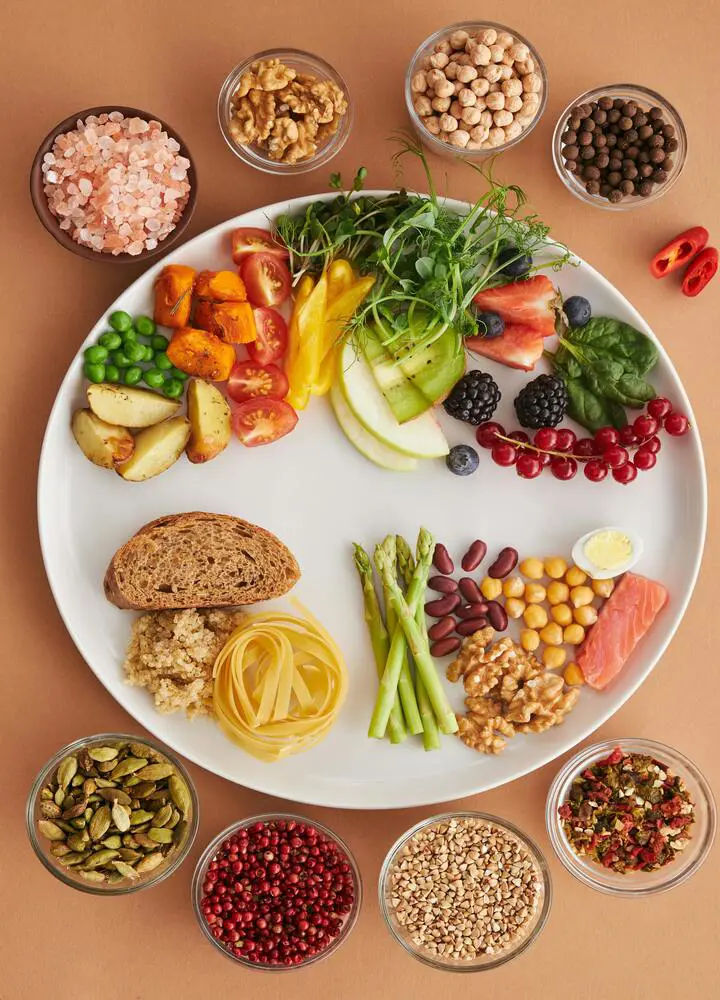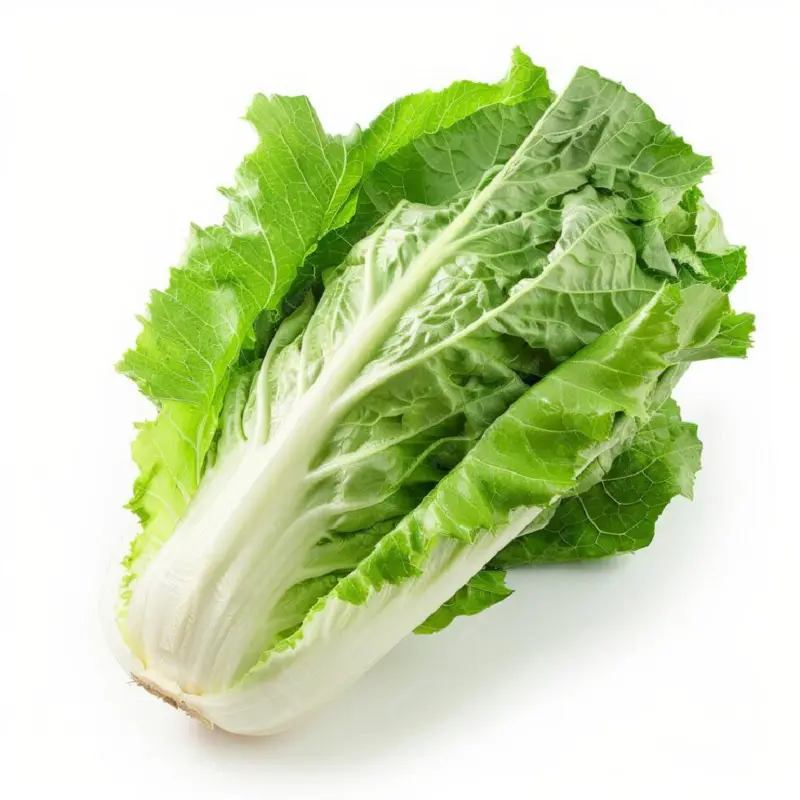How Long Does It Take to Digest Food?
The simple answer to this is several hours. According to experts, food generally remains in the stomach for about 40-120 minutes. It then moves to the lower parts of the digestive system where it is further digested taking additional time.
If you’re wondering how long it takes before the food exits your body, that one might take up to 2-5 days depending on your health condition and metabolism rates.
There are certain things that might affect the digestion time for foods. Foods that are often rich in nutrients like fats and protein usually take longer to digest. It is because there are additional steps involved in the process.
But, if you’re having something that doesn’t contain many nutrients, like water, it takes about 10-20 minutes.
Below, we break down the digestion time for specific food groups so that you can make your informed decision:
